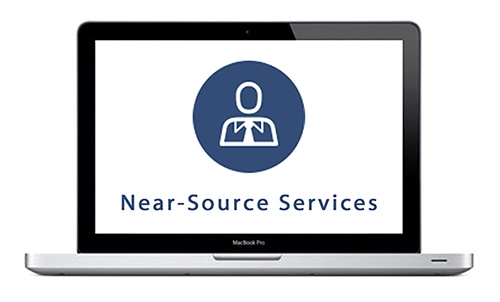InfoSecBuzz asked a number of security experts for their advice on the top security threats
Quite a few warned against the same things, so here is a quick summary of the Top 10 security threats, with a link to the full article at the end.
TOP 10 SECURITY THREATS
- Today, phishing scams are skyrocketing, especially driven by deals and rebate offers. Don’t open any attachments or click on links appearing to be from trusted vendors you shop with. Go directly to the website of the vendor looking for the sales and deals.
- Do not use ATM/debit cards online, only use credit cards and think about a voluntary limit, or at least a text when a purchase gets made.
- Delivery- and non-delivery scams. Watch out for emails that confirm shipments or that try to scam you with shipment problems.
- Don't fall for deals that are too good to be true on Black Friday weekend and Cyber Monday. Increase your security awareness levels, and maintain a healthy skepticism when you see special offers in email or social media.
- Watch out for fake discount coupons, and fake "game codes", that are nothing but a nonsense string of letters and numbers.
- Keep an eye out for online credit card collection imposters. You might stress out because of your high credit card bills, and bad guys are sending emails that claim to be from the credit card company claiming your account is overdue and is subject to being shut down unless you make a payment immediately. You may be tricked in giving away your credit card information.
- Holiday Ransomware: You should understand that information—e.g. order confirmation emails— on your computers increase in value over the holiday season, and that means that you are more likely panic and pay ransom if ransomware strikes.
- Be very wary when you get an inbound phone call, never give out any personal information if you did not initiate the call yourself.
- Avoid downloading anything from questionable websites. Disable popups on your devices by using trusted, reliable popup blockers.
- If you suspect that you may have entered your credit card data into a fake website after all, immediately call your credit card company and cancel your card. Then change your passwords and pin-codes for your online banking sites. Use strong passwords and never use the same password for several websites or services, because if one is stolen, all of your accounts will be put at risk. To create strong passwords without having to remember them, use a password manager.
Here is the link to the full article, and be safe out there!


You must be logged in to post a comment.